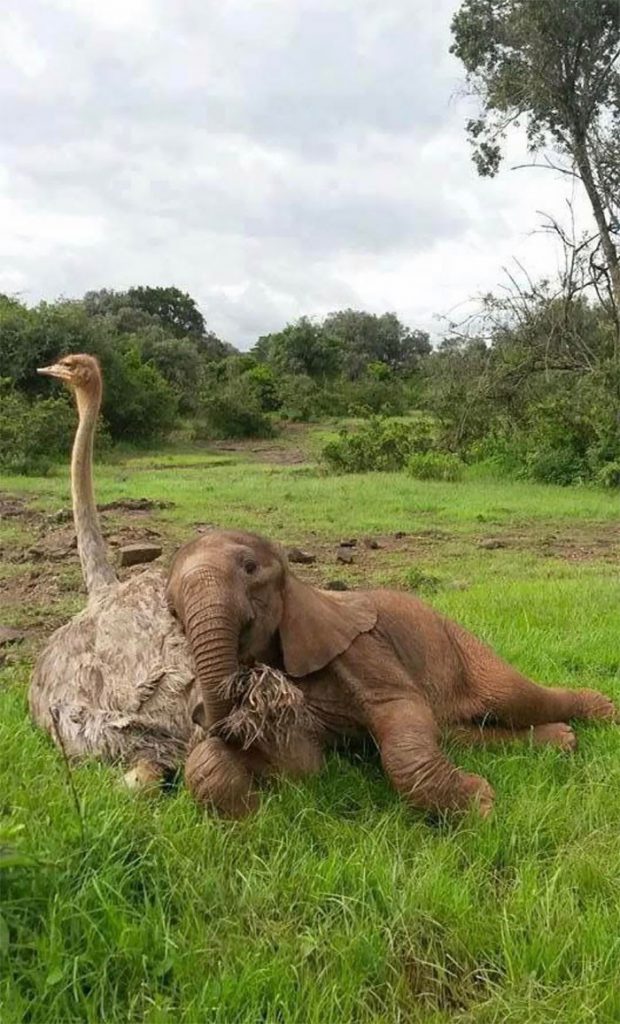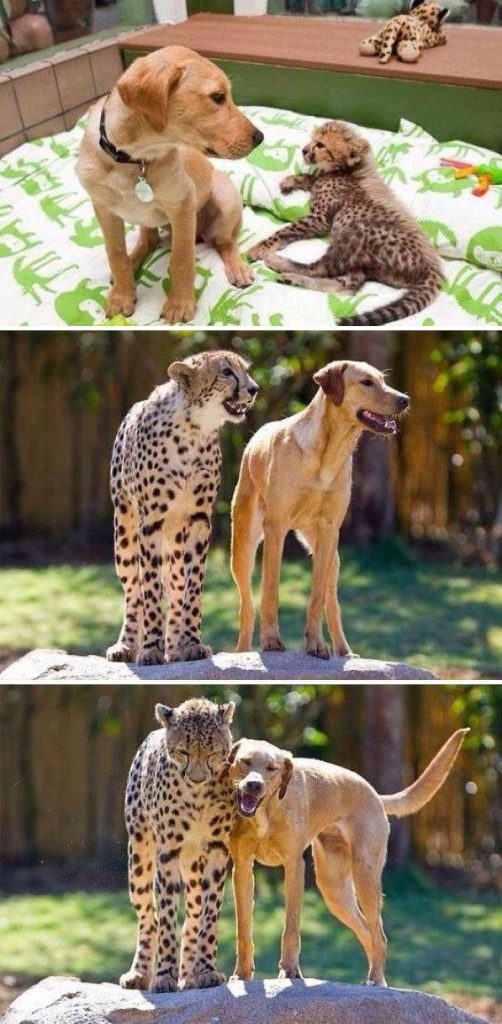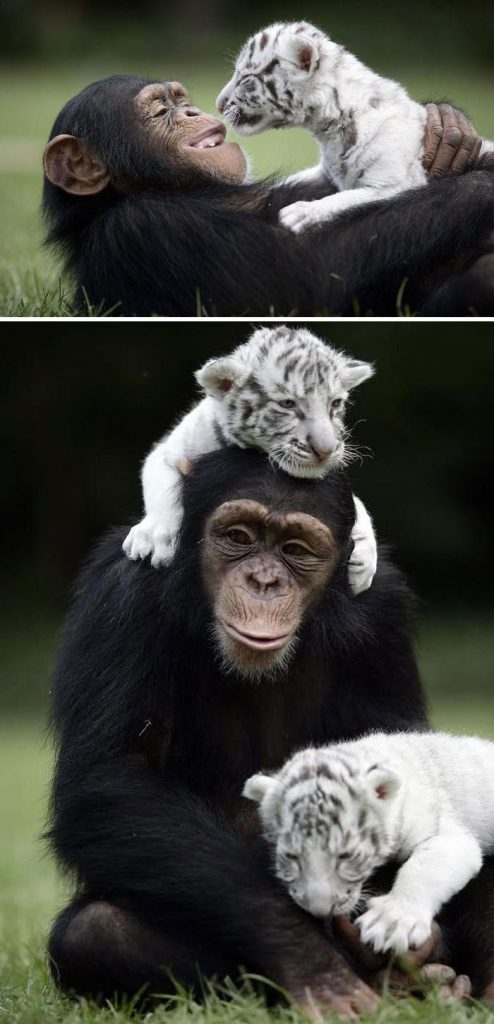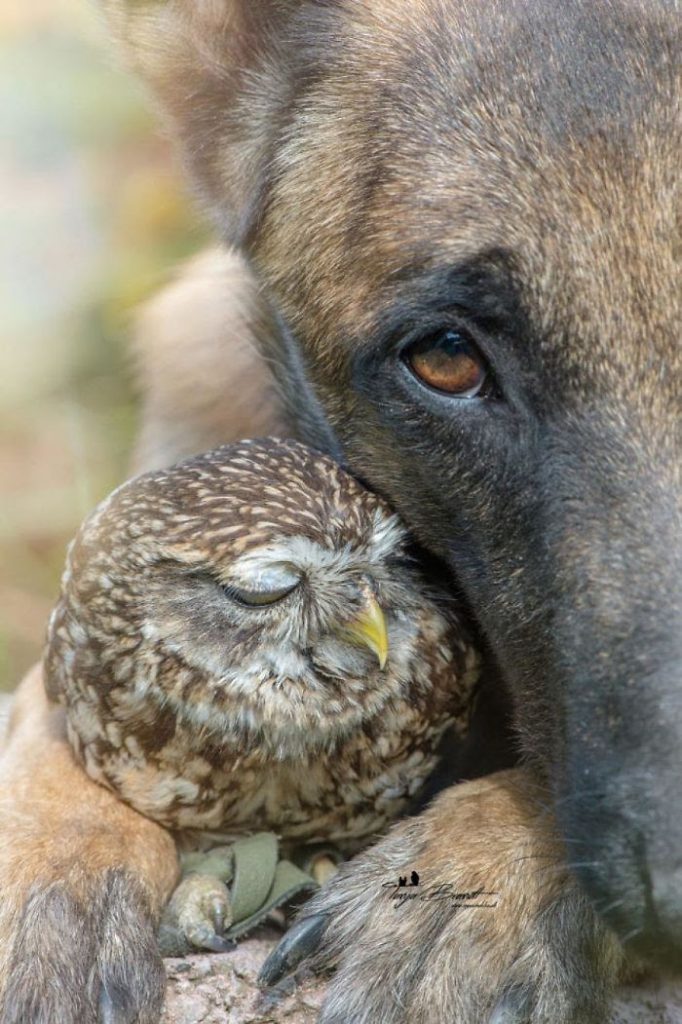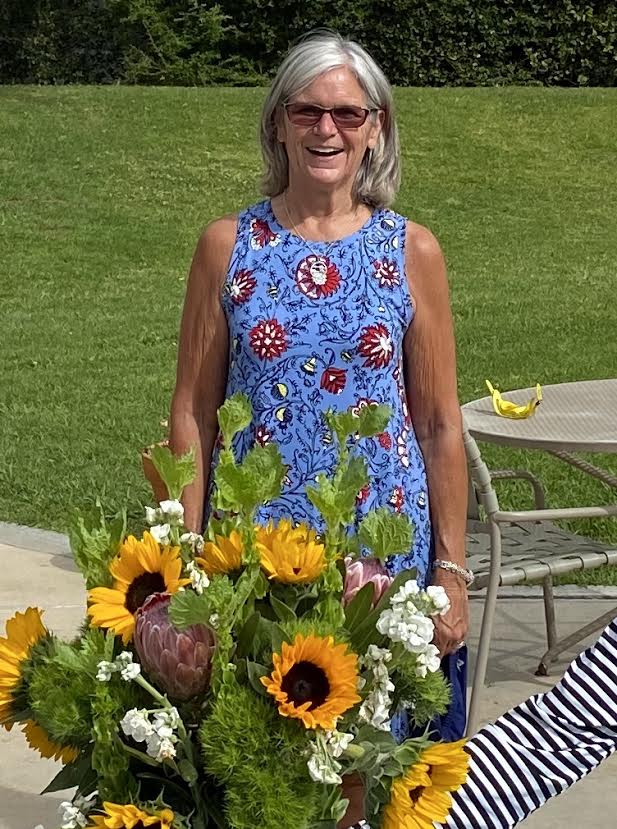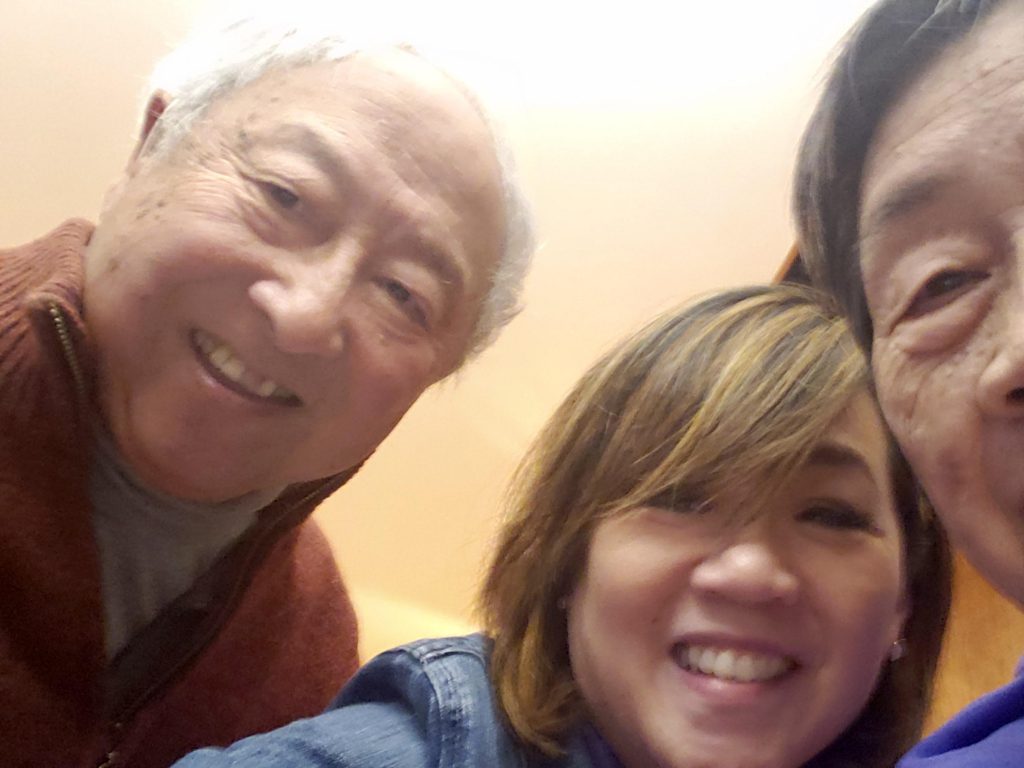
I’d often heard of my father’s old friends— Uncle Billy and Aunt Lucille. My parents had reconnected with them when they moved to California in the 1980s. But by then I’d grown and flown from my parents’ home, and only visited with them periodically over the years they lived in Menlo Park.
They most often referred to Uncle Billy in a sort of “one name” way—like Oprah, or Cher. He was always called “BillyLee” and was a true favorite of both of my parents. This was quite an achievement, honestly, as parents don’t always share the same friends.
My father knew Uncle Billy first as a fraternity brother—fellow members of the “F.F.” fraternity of Chinese men. Looking at Pop’s photo collections from the 1950s, I recognize what an important and meaningful community this was to them. As I understand it, the “Flips” were true brothers-in-spirit for the young members, an adoptive family while their blood relatives were back home in China or other far-flung locales.
Back in the day, they had grand parties together—black-tie balls at fancy, big-city hotels. And many more casual gatherings; my father treasured and kept so many pictures of weekends at the lakes in Wisconsin and Michigan. The “Flips” were joined by the “sisters”, and it seems many great romances were born of these get-togethers—relationships that blossomed in communities where these young Chinese might otherwise have felt adrift.
Over the years, raising kids, pursuing careers in other places, some of the brothers maintained only a loose, Christmas-card-type connection. Every year we’d receive “family updates” from F.F. families in Delavan, Wisconsin, or Oakland, California, or Fairfax, Virginia, or Taiwan, or even Menlo Park. The “Flips” stayed in touch, even if they didn’t see each other for years.
When my parents relocated to the Bay Area, my father was quickly welcomed back to the F.F. fold. He reported lengthy lunches with “young brothers” and said it was his “responsibility” to attend “F.F. meetings” as often as possible. He made it sound like a bit of a chore, but I know he was truly delighted to reconnect with his dear friends from forty years earlier and make some new ones too.
When Pop’s health declined, as his only daughter, 2000 miles away, I was constantly anxious for him. Finally, it was clear my mother could no longer care for him at home, and he was too frail already to move close to me and my husband. His final home was a care facility in downtown Menlo Park where he was certain to be medically well cared for; still, I was deeply worried that he’d suffer the pain of isolation.
I knew he needed his truest friends to help him through the final stage of his life, and instantly I understood I could go straight to his dear “BillyLee” for support. This was a blood-brother sort of friendship, and sure enough, Uncle Billy immediately rallied to Pop’s side. For the last two years of my father’s life, Uncle Billy was an absolute lifeline. He helped me identify and make arrangements with a Chinese couple who became daily support-givers to my father. Uncle Billy himself made regular trips into town to visit Pop, who could no longer recognize him, but I believe he cherished the feeling of having a friend nearby in these twilight days of his life.
And Uncle Billy became my friend too. He told me the things fathers don’t tell their daughters: about the neighborhood in Shanghai where my father was raised, about Pop’s role in the F.F. brotherhood. He was my confidant as I worried over Pop’s decline; was he being properly medicated? Did he have pain? Was he being treated well? Everything I worried about– Uncle Billy was there to find the answer.
Not a day goes by that I don’t think of my father. Losing him is the biggest heartbreak of my life. He left such a tremendous hole in my heart, and I only wish I’d had him a little– or a lot– longer.
But he left me a legacy that includes the friendship he shared with Uncle Billy and his F.F. brothers. I think he transitioned from this life with that brotherhood at his side. What I learned is that true friendship isn’t just for the years we are young and beautiful, with parties and picnicking at the lake, but for a lifetime, and even beyond. A friendship is a bond that doesn’t ever break.
____________________________________________________
ABOUT JOIE :
Joie Chen believes storytelling is in her genes. “My father always said his father– my grandfather– was famous for his ‘letters home.’ Journalism, she says, gives her the opportunity to continue that tradition.
She’s been an award-winning television journalist for the better part of 30 years. Best known for her decade as an anchor and correspondent for CNN and CNN International, she won multiple awards for her work there, including an Emmy for breaking news coverage. She won a second Emmy as a Washington, D.C. based correspondent for CBS News. She later served as the anchor of Al Jazeera America’s prime time current events program, America Tonight.
Today Joie supports a new generation through journalism education. She has a leadership role at the Poynter Institute for Media Studies. Based in Washington, she works to develop new programs and partnerships for Poynter, upholding its mission to make good journalists better.
She’s a native of Chicago and currently lives with her family near D.C.
______________________________________________________








